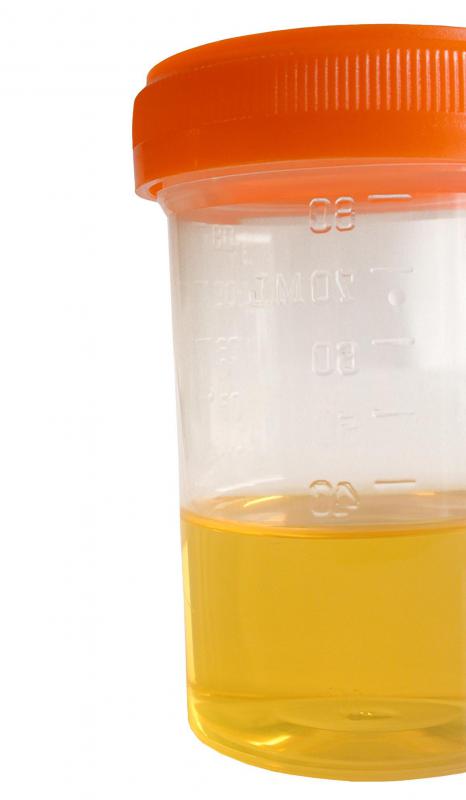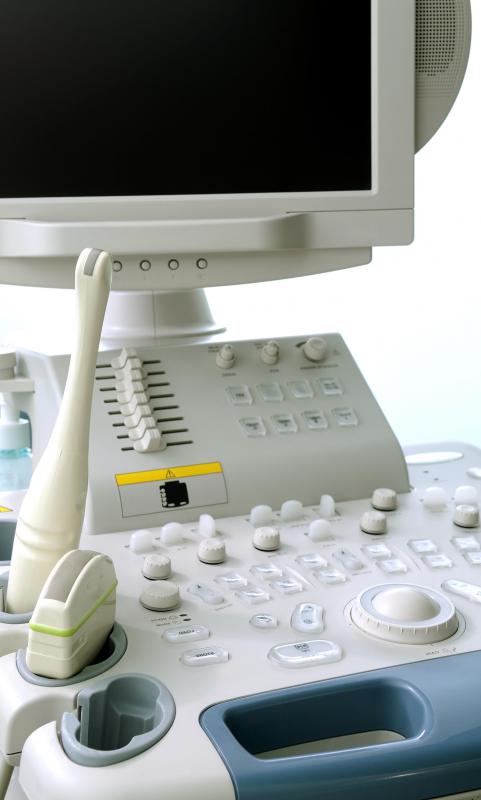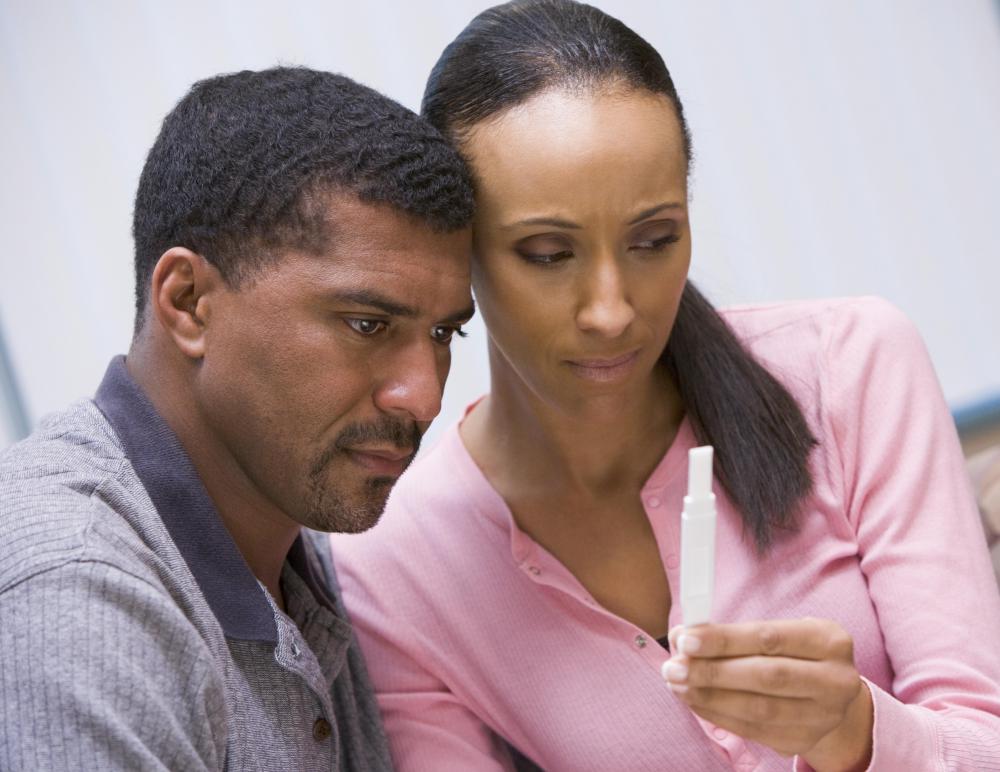At TheHealthBoard, we're committed to delivering accurate, trustworthy information. Our expert-authored content is rigorously fact-checked and sourced from credible authorities. Discover how we uphold the highest standards in providing you with reliable knowledge.
What Should I Do after an Inconclusive Pregnancy Test?
An inconclusive pregnancy test can occur for several reasons, including a faulty test, bad timing, use of fertility medication, or human error. Both home pregnancy tests and blood tests ordered by your doctor can be inconclusive. If you have an inconclusive pregnancy test, your options are to take another test right away, wait a few days before testing again, or talk to your doctor about other methods of determining whether you are pregnant.
Both urine and blood pregnancy tests measure the levels of human chorionic gonadotropin (hCG) in your body. This hormone is measured in milli-international units per milliliter, or mIU/ml, and the levels should double about every two to three days during the first eight weeks. For example, during the first two weeks after conception, hCG levels average between 25-200 mIU/ml, and during the second two weeks that level rises to between 100 and 5,000 mIU/ml. The levels are at their highest around the eighth week of pregnancy, and then continue to drop throughout the second and third trimester.

An inconclusive result can occur if your hCG levels are below the normal range they should be at in your pregnancy. Urine tests are less sensitive than blood tests, so if you take one the first day you miss your period, it is possible that the levels of hCG are not yet detectable. Home pregnancy tests can also be faulty if they are expired, or used incorrectly, so testing with a new kit may provide different results. Even blood tests can be inconclusive during very early pregnancy, especially if you miscalculated your ovulation date. Waiting a few more days before retesting gives the hormone a chance to increase within your body, which may allow for a more accurate test.

Taking hCG injections as part of a fertility treatment plan can also create an inconclusive result if you do not wait until that hCG has a chance to clear your body. This can take up to two weeks, and testing before then could create a false positive. Your doctor or fertility specialist will help you determine the best time to take a pregnancy test if you are receiving fertility treatments.

Early miscarriage during your previous cycle can also cause an inconclusive test because the hCG remains in the body for up to six weeks after a miscarriage. Some women miscarry before they even know they are pregnant, so if you did have an early miscarriage, mistook it for your menstrual cycle, and took the test too early, the test could still be registering hCG from the prior pregnancy. In this case, you will need to wait a little longer before testing again.

If you have an inconclusive pregnancy test, but feel strongly that you are pregnant, you can talk to your doctor about having an early ultrasound. Most ultrasounds, however, cannot detect pregnancy prior to about five weeks into the gestation period. As difficult as it may be, waiting a few extra days before testing again is usually the best option when your first pregnancy rest is inconclusive.
AS FEATURED ON:
AS FEATURED ON:

















Discussion Comments
Can an inconclusive pregnancy test mean you're pregnant?
Post your comments